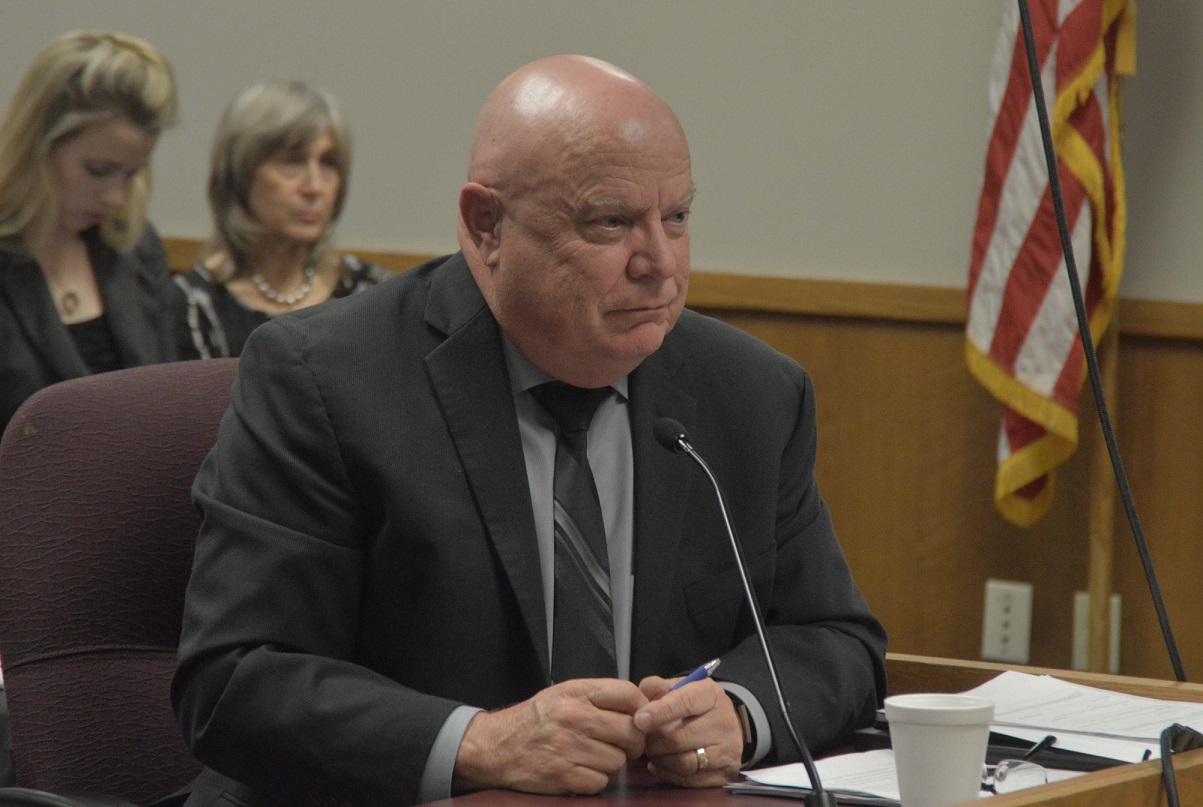The House is close to voting to prevent do-not-resuscitate orders from being issued for Missouri children without a parent being aware.

House Bill 138 is commonly known as “Simon’s Law.” It would prohibit a health care facility, nursing home, physician, nurse, or medical staff from putting such an order in a child’s file without a parent’s permission. That permission may be written, or given orally in the presence of at least two witnesses.
“This is a parental rights bill that says only you can determine the outcome for your child,” said bill sponsor Bill Kidd (R-Buckner).
The bill is named for Simon Crosier, who died at three months old after, his parents say, a DNR order was put on his chart without their knowledge. His parents testified to a House Committee last year that when the monitors in his room went off as he died, they didn’t understand why no medical staff responded to try to save him.
Kidd said under “Simon’s Law,” doctors will have to have a conversation with parents about the care of their child, “so that the conversation happens. So that when the buzzers go off and your child codes, no one stands there like the Crosiers did wondering why no one shows up.”
Kidd has offered Simon’s Law in some form for four years. Last year’s version would have required written permission from a parent or legal guardian of a patient under 18 years old before a DNR or similar order could be issued. It was opposed by some parents and medical practitioners, some of whom said forcing a parent to sign off on such a document was “really inhumane.”
Since then, Kidd said he met with hospitals, parents, and doctors to refine the legislation.
“What I discovered in sitting across the table and talking to parents who had been through this was that for many of them it was as if they had signed their child’s death warrant,” said Kidd. “As I listened to their emotional pain, still reliving that very action, I realized that there had to be a different way.”

By including the ability for two witnesses to attest to a doctor having discussed the situation with parents, Kidd says that onus has been taken off of parents, and that has alleviated some opponents’ concerns. No one testified against HB 138 when it went was heard by a House committee.
Independence Democrat Rory Rowland, who has spoken many times during debates about his son JP who has Down syndrome, spoke emotionally in favor of Kidd’s legislation.
“There will be few times when I will take the microphone and beseech all of you to vote for a bill because it is, beyond a shadow of a doubt, the right thing to do,” said Rowland. “There is no question in my mind or my soul that what we are doing today is profoundly correct for parents who have children with disabilities.”
The House gave initial approval to HB 138. Another favorable vote would send it to the Senate.
